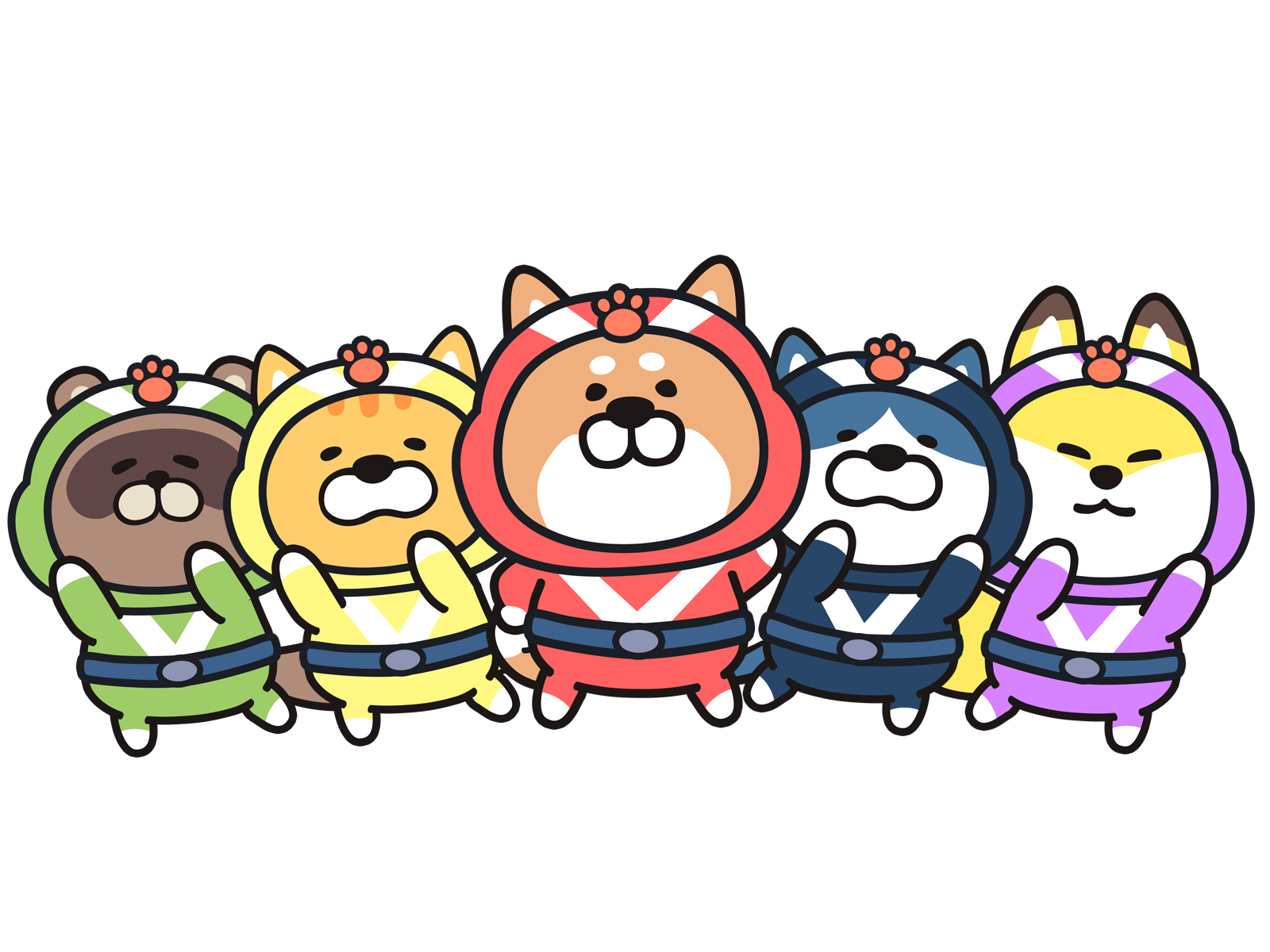In the dynamic realm of marketing, understanding the intricacies of different markets is paramount for success. When it comes to the Japanese market, one unique aspect that stands out is the concept of “Character Business.”
“Kawaii” Characters
Character business, often coined “Kawaii Culture,” is deeply ingrained in Japanese society. The term “kawaii” translates to “cute” or “adorable,” but its significance goes beyond surface-level aesthetics. It represents a cultural phenomenon characterized by a fascination with all things charming, whimsical, and endearing. From iconic characters like Hello Kitty and Pokémon to mascots for local businesses and government organizations, the influence of kawaii culture permeates various facets of Japanese life.
In digital marketing, leveraging characters has proven to be a potent strategy for engaging Japanese consumers. Brands incorporate cute and appealing characters into their marketing campaigns to create emotional connections with their target audience. This approach taps into the Japanese preference for relatable, personified materials and fosters brand loyalty and affinity.
Case Studies
One prime example of a successful character business in Japan is the case of LINE Corporation. LINE, a popular messaging app, has seamlessly integrated character-based marketing into its platform. Through partnerships with renowned character franchises and the creation of its own adorable mascots, such as Brown the Bear and Cony the Rabbit, LINE has captured the hearts of 96 million Japanese users.* These characters not only serve as brand ambassadors but also drive user engagement through stickers, games, and merchandise.
*From LY Corporation’s report. The global users were at 1.95 billion in December 2023.
Another noteworthy example is the collaboration between McDonald’s Japan and Pokémon. In a campaign, McDonald’s introduced limited-edition Pokémon-themed Happy Meals featuring beloved characters from the franchise. This partnership not only boosted McDonald’s sales but also appealed to Pokémon fans of all ages, showcasing the effectiveness of character-driven marketing in capturing consumer attention and driving sales.
Brand Characters
Moreover, character business extends beyond consumer products to influencer marketing and brand mascots. Japanese companies often employ fictional characters or virtual influencers to represent their brands online. These characters interact with consumers through social media platforms, humanizing the brand and fostering meaningful connections with followers.
Understanding the nuances of character business is essential for foreign companies looking to penetrate the Japanese market. Incorporating cute and appealing characters into campaigns can help brands resonate with Japanese consumers on a deeper level. However, it’s crucial to strike the right balance between cultural sensitivity, professionalism, and creativity to avoid coming across as insincere or tone-deaf.
Localization is key when implementing character-based marketing strategies in Japan. Tailoring characters, messaging, and imagery to align with Japanese tastes and sensibilities is essential for success. Collaborating with local artists, designers, and marketing experts can provide invaluable insights into cultural nuances and preferences, ensuring that marketing efforts resonate with the target audience.


